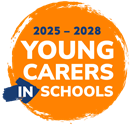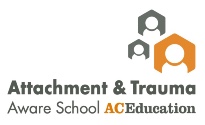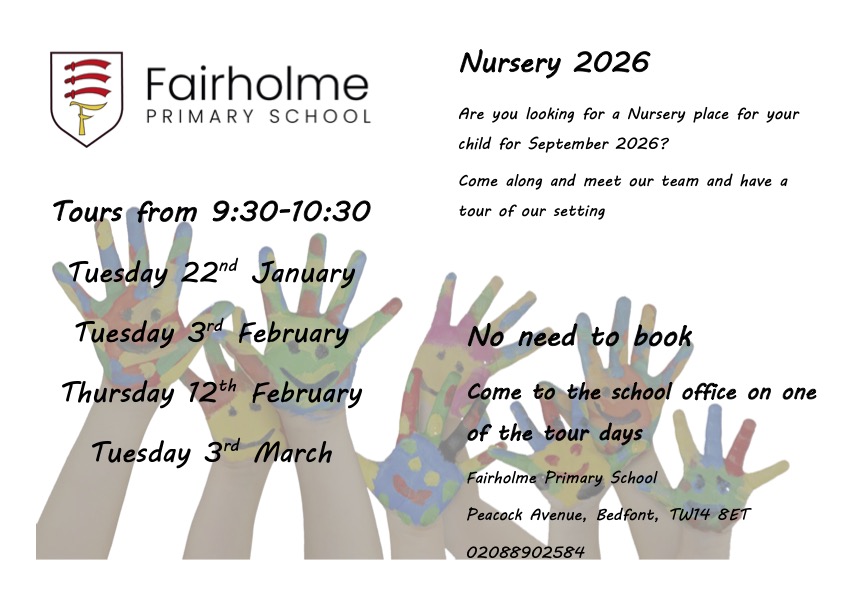Inclusion, special educational needs and disabilities (SEND)
Including children with SEND
Fairholme Primary School offers all our children opportunities to develop their full potential. We aim to go 'the extra mile' to support children who are having difficulties or who find some of their learning a challenge.
Our Special Educational Needs Co-Ordinator (SENCO) is Mr Harry Doyle. If you have any concerns about your child's learning, it's always best to speak to your child's class teacher in the first instance. If you remain concerned, Mr Doyle can be contacted by phoning the school on 020 8890 2584.
In conjunction with your child's class teacher, Mr Doyle arranges additional provision for children with difficulties in the following areas:
Supporting children with SEND
We work closely with a range of professionals to support children's needs including CAMHS, speech and language therapists, behaviour support advisors, occupational therapists and counsellors, amongst others.
We operate a system of ‘mentors’ for vulnerable children and have a school wide ethos of nurture and trusted adults. We work hard to build positive and caring relationships with children and families so that they know they have someone they can talk to when they are worried or finding things tricky. Children with medical needs are also well-supported and cared for in our schoool.
We use some of our funding to provide play therapy sessions to support children who are going through periods of crisis or change. We also have a Family Engagement Officer, Mrs Jo Bird, who supports families with home issues and parenting, as well as running our Young Carers support group which meets each week.
Some of our children display some challenging behaviour at times and we take a trauma-informed and attachment-aware approach to the management of persistent challenging behaviour. School staff approach children and situations from a relational perspective and with curiosity as opposed to judgment and criticism. We understand that all behaviour is communication and know that many vulnerable children who display persistent challenging behaviours may be highly-vigilant and may find it difficult read social cues or understand social expectations and boundaries well. If we can understand the cause of the behaviour, we have a greater chance of changing the behaviour itself. We use the language of choice, and provide children with different options, giving them a chance to be calmer and more regulated before trying to establish the difficulties that may have been encountered.
SEND Information
Click here to find our SEND policy.
Zones Of Regulation
We talk about Zones Of Regulation across our school and teach children about the language of emotions to help them understand that all our feelings are important and that there are things we can do to help us regulate ourselves when we feel high levels of emotion. "Life is 10% what happens to us and 90% how we react to it" according to Charles Swindoll.
Zones Of Regulation
You can find out more about the Zones Of Regulation using the following links:
An overview of the Zones Of Regulation
A parent's guide to the Zones Of Regulation
What are the Zones Of Regulation?
Video: Zones Of Regulation activity check-in at home




.jpg)
.jpg)



